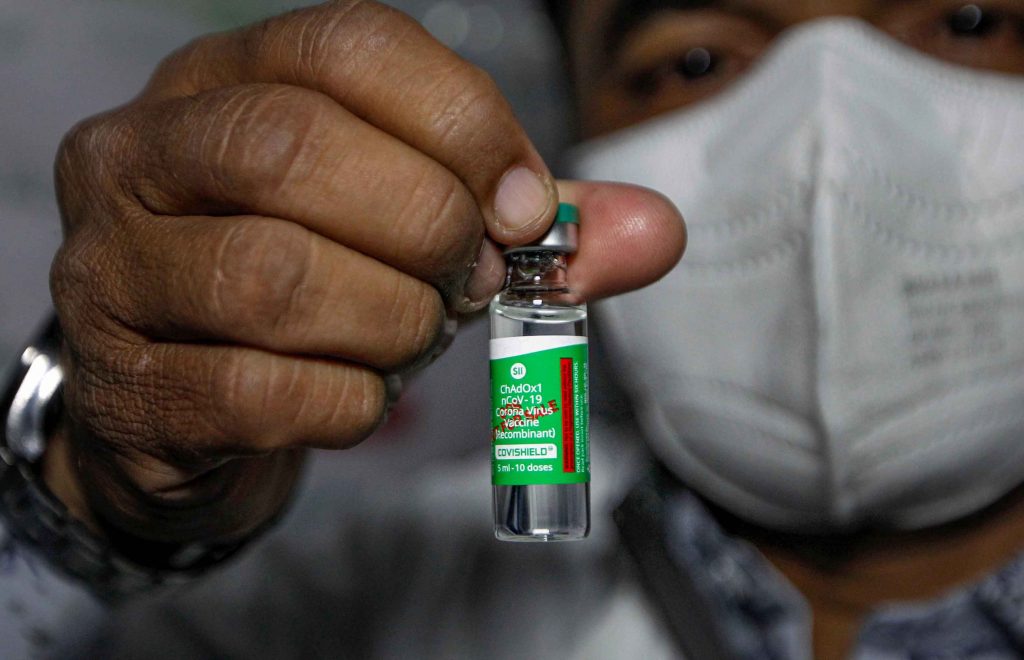New Delhi: In the 19 days since the beginning of the country’s Covid-19 vaccination drive, India has inoculated nearly 4.5 million (44,49,552) of its population, the Ministry of Health and Family Welfare said Thursday.
The ministry officials also claimed that India has become the fastest country in the world to achieve the 4 million milestone in just 18 days.
As per the data, the United States, Israel and the United Kingdom followed India in its feat of immunising 4 million of its population. In comparison to India, the US took 20 days, while Israel and the UK took 39 days each.
“Many other countries have had a head start of almost 65 days while India launched the countrywide vaccination drive in the mid half of January. It is the country’s significant achievement in its fight against the global pandemic,” they added.
Meanwhile, in the last 24 hours, 3,10,604 people have been vaccinated across 8,041 sessions. A total of 84,617 sessions of vaccination have been conducted so far.
The ministry also informed that only seven states have contributed to 55 per cent of the total vaccination drive.
Uttar Pradesh topped the chart with 4,63,793 vaccinations, followed by Rajasthan with 3,63,521, Maharashtra with 3,54,633, Madhya Pradesh with 3,30,722, Karnataka with 3,16,638, Gujarat with 3,11,251 and West Bengal with 3,01,091. In total vaccinations, these states share a percentage of 10.4, 8.2, 8, 7.4,7.1,7, and 6.8 respectively.
Meanwhile, the total active caseload for Covid-19 in the country dropped to 1.55 lakh on Thursday. India’s present active cases now consist of just 1.44 per cent of the total positive cases.
However, as per experts, the drop in cases should not be linked with the vaccination.
Jugal Kishore, head, community medicine at the Centre-run Safdarjung Hospital, told IANS that it takes around 42 days to build antibodies from vaccines while it’s been only 19 days that the vaccination drive took off.
“Besides, the vaccine has been administered to healthcare workers who have been majorly exposed to the disease,” he added.
Kishore added that the decline in active cases has been witnessed as a large section of our population had already developed antibodies.
“The cases were on a decline even before the launch of the inoculation drive. I believe that on a national scale 60 per cent of the population have been exposed. Many of them may have developed the antibodies as well. This is the only reason behind the down trend in new infections and active cases,” he added.
IANS
